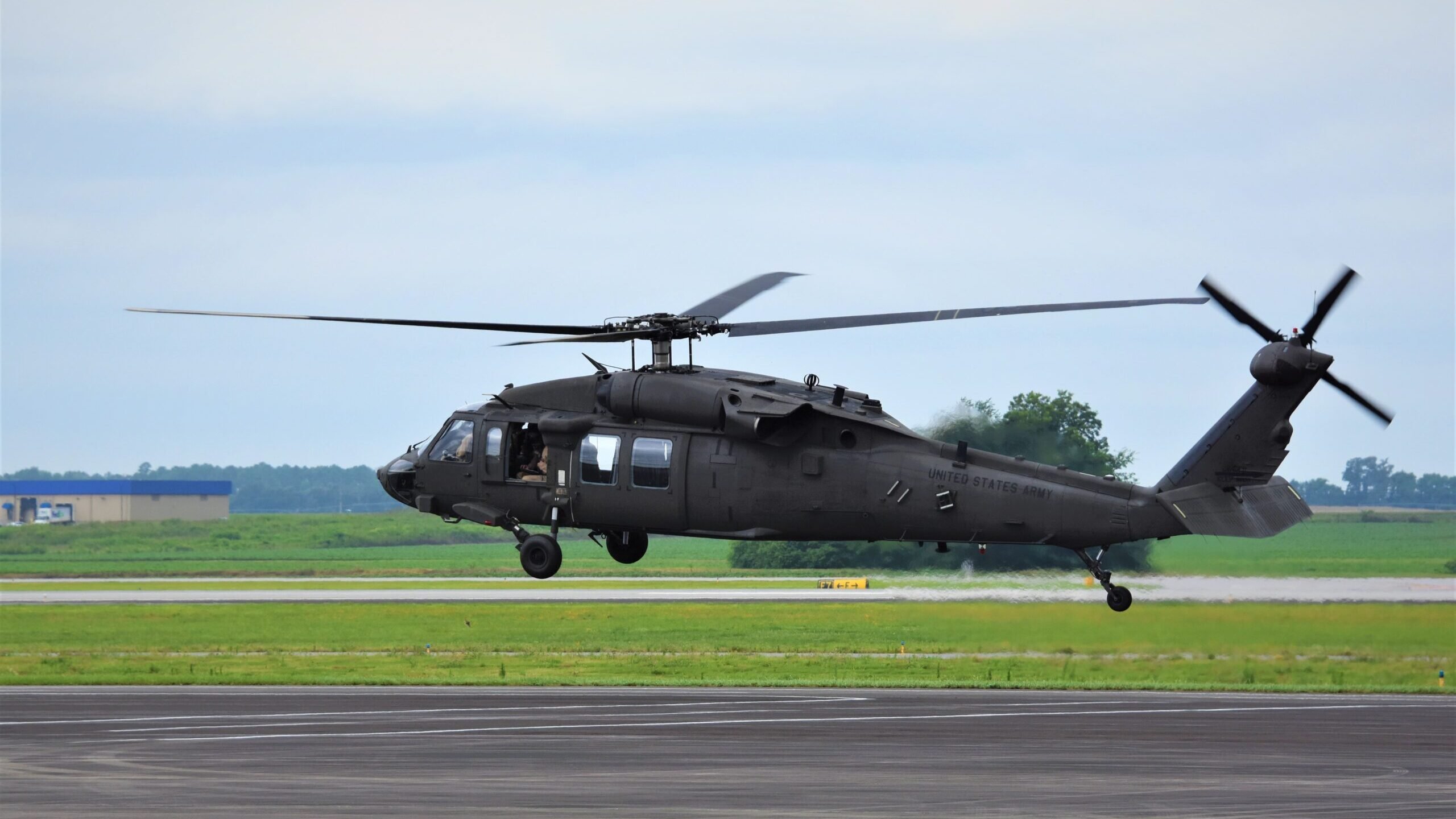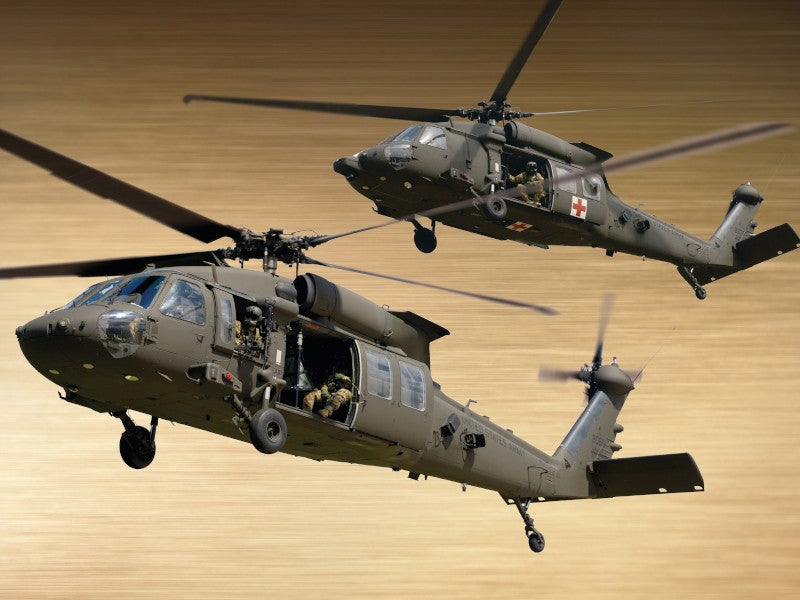UH 60 Helicopter Review: Whatever You Need to Know
UH 60 Helicopter Review: Whatever You Need to Know
Blog Article
The Influence of Sustainable Practices on the Future of Aircraft Workflow and Emissions Decrease
As the air travel sector encounters increasing examination over its ecological impact, the fostering of sustainable practices arises as a crucial path toward future aircraft operations and emissions decrease. Advancements in lasting air travel gas and developments in crossbreed propulsion technologies stand at the leading edge of this improvement, promising considerable reductions in greenhouse gas emissions.

Introduction of Sustainable Practices
Sustainable techniques in aircraft operations encompass a series of techniques targeted at decreasing environmental effect while preserving operational efficiency. These practices are essential in the air travel market's dedication to decreasing its carbon impact and adhering to international ecological requirements. Secret campaigns consist of enhancing trip paths to minimize fuel consumption, improving upkeep procedures to ensure aircraft operate at peak efficiency, and applying advanced innovations such as winglets and light-weight products that enhance the rules of aerodynamics.

Educating and engaging staff on sustainability practices likewise play an essential duty, fostering a society of environmental duty within organizations. Overall, the assimilation of these sustainable techniques not only aids minimize discharges however also improves the long-lasting practicality of the aeronautics industry, ensuring it satisfies the demands of both customers and regulatory bodies while adding to worldwide sustainability goals.
Cutting-edge Fuel Alternatives
Many ingenious fuel options are arising as crucial solutions to reduce the air travel sector's dependence on standard fossil gas. Among these options, Sustainable Aviation Fuels (SAFs) have gained considerable focus as a result of their prospective to decrease lifecycle greenhouse gas discharges by approximately 80% compared to standard jet fuels. SAFs are obtained from numerous feedstocks, including waste oils, farming deposits, and even algae, making them a versatile choice for the industry.
Another promising choice is hydrogen gas, which, when utilized in gas cells, generates only water vapor as a by-product. In addition, electric propulsion systems are being explored, leveraging battery innovation to power aircraft.
Lastly, biofuels obtained from biomass are being checked out, offering a renewable option that can be blended with typical fuels. Jointly, these innovative gas options stand for a critical action toward achieving a sustainable air travel ecosystem, lining up with worldwide emissions reduction targets and boosting the market's environmental stewardship.
Technological Innovations in Aviation

How can technological developments reshape the future of air travel? The combination of advanced technologies is critical in changing airplane procedures, enhancing effectiveness, and lowering emissions. Technologies such as hybrid and electrical propulsion systems are at the center, appealing substantial decreases in gas intake and greenhouse gas emissions. These systems take advantage of advancements in battery innovation and power management, allowing aircraft to run with a lower ecological impact.
In addition, the execution of innovative materials, such as lightweight composites, adds to enhanced aerodynamics and fuel performance. Making use of expert system and device understanding in trip procedures optimizes course planning and minimizes fuel shed by allowing real-time modifications based on climate and website traffic problems. Additionally, the growth find more info of independent and from another location piloted airplane systems stands to transform freight and passenger transport, potentially enhancing efficiency while lessening human mistake.
Additionally, sustainable air travel modern technologies, consisting of sophisticated air web traffic administration systems, can decrease and streamline operations congestion, resulting in lower exhausts during trip. These innovations collectively represent a paradigm shift in air travel, promising a future where sustainability and operational efficiency are intertwined, therefore supporting the market's commitment to decreasing its ecological impact.

Governing Framework and Conformity
Due to the expanding focus on environmental stewardship within the aviation sector, the regulative structure governing aircraft procedures is progressing to promote sustainable practices. Regulative bodies, such as the International Civil Aeronautics Company (ICAO) and numerous nationwide aviation authorities, are presenting rigid standards focused on lowering discharges and boosting operational effectiveness.
These laws typically consist of the adoption of Sustainable Aeronautics Gas (SAF), which has actually been identified as a vital element in accomplishing lower carbon footprints. Compliance with these regulations needs airline companies to execute advanced innovations and functional practices, such as maximized trip paths and boosted air traffic administration, to reduce gas intake.
Furthermore, the enforcement of emissions trading schemes and carbon balancing out efforts is becoming progressively prevalent, compelling airline companies to keep track of and report their exhausts precisely. Non-compliance can cause significant penalties, therefore pressing drivers to prioritize sustainability in their company models.
Inevitably, the advancing regulative landscape not just drives advancement and investment in green modern technologies however likewise fosters a culture of liability within the aeronautics market. As these frameworks continue to establish, the concentrate on lasting methods will certainly be indispensable to achieving the sector's long-term ecological objectives.
Future Fads in Airplane Procedures
As the aeronautics industry adapts to a significantly strict regulatory setting, future patterns in airplane operations are set to focus on ingenious options that additionally improve sustainability and efficiency - uh 60. Secret developments will likely include the fostering of sophisticated air website traffic administration systems, which make use of real-time information and expert system to maximize trip courses, minimizing fuel usage and discharges
One more considerable fad is the boosted combination of sustainable aviation fuels (SAFs) here are the findings These alternatives to standard jet pop over to these guys gas, originated from renewable sources, can dramatically decrease lifecycle greenhouse gas emissions. The sector's commitment to SAFs will likely increase as airlines collaborate with fuel manufacturers to guarantee availability and cost-effectiveness.
Additionally, the press in the direction of electrification and crossbreed propulsion systems is obtaining momentum. Arising airplane styles will certainly integrate these modern technologies, using quieter and more efficient procedures, particularly for short-haul flights.
Conclusion
The fostering of sustainable aviation fuels, combined with innovations in hybrid and electrical propulsion systems, is important for minimizing lifecycle greenhouse gas emissions. Maximizing trip courses and accepting cutting-edge modern technologies contribute to a quieter and extra ecologically pleasant air travel industry.
Advancements in sustainable air travel gas and developments in crossbreed propulsion modern technologies stand at the forefront of this change, appealing considerable decreases in greenhouse gas exhausts.Countless ingenious gas choices are arising as crucial remedies to minimize the air travel market's dependence on standard fossil gas - uh 60. Amongst these options, Sustainable Aeronautics Gas (SAFs) have obtained substantial attention due to their possible to reduce lifecycle greenhouse gas exhausts by up to 80% contrasted to traditional jet gas.Another significant pattern is the increased combination of lasting aviation fuels (SAFs) The adoption of lasting aviation gas, paired with advancements in electrical and hybrid propulsion systems, is essential for reducing lifecycle greenhouse gas emissions
Report this page